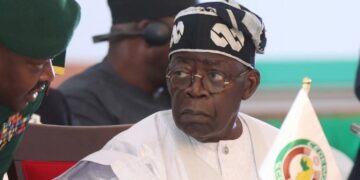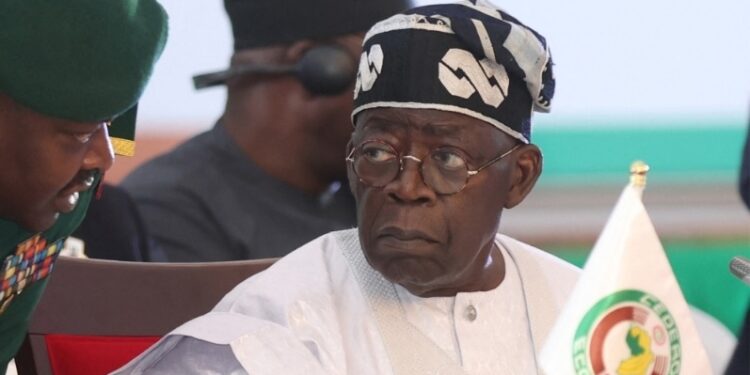By John Ikani
A recent report by SBM Intelligence has identified Nigeria among five Sub-Saharan African countries experiencing significant instability, with political and economic pressures pushing it further down the rankings.
The Africa Country Instability Risk Report highlights the forces driving instability, examining issues like ethnic divisions, economic dependence, leadership challenges, and histories of political turmoil. These factors were used to predict risks such as coups and governance failures.
Botswana, Seychelles, Namibia, and Zimbabwe joined Nigeria in the category of “biggest losers,” with all five nations showing a decline in stability between 2023 and October 2024. In contrast, Angola, Burundi, Chad, Togo, and Madagascar demonstrated measurable progress, improving their standings during the same period.
Nigeria dropped six positions, with its score worsening from 39 in 2023 to 45 in 2024. SBM Intelligence attributed the decline to worsening insecurity, economic struggles, and controversial policy shifts under the Tinubu administration.
“Nigeria, Africa’s fourth-largest economy, ended the year with a score change of -6, following the exit of foreign businesses over a weaker currency, rising inflation, and other economic challenges,” the report noted.
The report painted a troubling picture of Nigeria’s trajectory, emphasizing how the removal of petrol subsidies in 2023 and other economic policies have deepened the country’s challenges. Rising costs have strained households, led to business closures, and pushed millions further into poverty.
“Nigeria’s economy continues to worsen, with rising food inflation, persistent insecurity across all geopolitical zones, and many people falling into extreme poverty. It is more polarised now than ever after the 2023 election and the unpopular reforms of the new government, such as the removal of petrol subsidies, which have worsened living conditions and led to the closure of businesses.”
Formerly regarded as the “Giant of Africa,” Nigeria now faces mounting challenges that have left its political and economic systems vulnerable. SBM’s findings are mirrored in a recent Ibrahim Index of African Governance (IIAG) report, which placed Nigeria among 11 African nations showing declining governance since 2014.
Economic Reforms Amplify Challenges
SBM also linked the Tinubu government’s reform agenda, particularly the petrol subsidy removal, to the country’s worsening living conditions. Announced in 2023, the policy caused an immediate spike in goods and transport prices, leaving many Nigerians unable to meet basic needs.
Government data reveals that 129 million citizens, or 56% of the population, now live below the poverty line. Food insecurity has also surged, with over 31.8 million people facing acute shortages, as food inflation climbs to 39.16%. Meanwhile, a proposed tax reform bill has sparked heated debates, further polarizing public opinion on the administration’s policies.
Security Crisis Deepens
Insecurity remains one of Nigeria’s most pressing challenges. Armed insurgencies in the North and separatist unrest in the Southeast continue to destabilize the nation.
Since 2009, groups like Boko Haram, ISWAP, and armed bandits have unleashed violence, displacing millions and disrupting farming communities. In many cases, these groups impose harsh conditions on farmers, contributing to the country’s rising food shortages and malnutrition.
Amid these overlapping crises, Nigeria’s ability to recover politically and economically remains uncertain, as instability continues to weigh heavily on its future prospects.

































